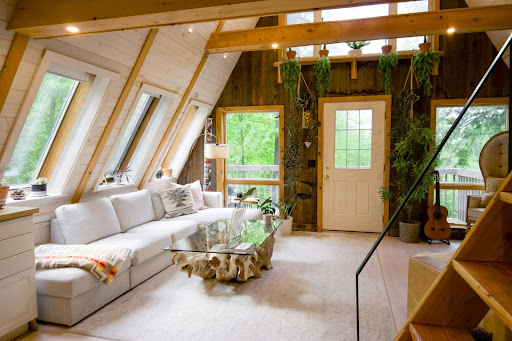Now Reading: Can You Sue for Injuries at a Short-Term Rental?
-
01
Can You Sue for Injuries at a Short-Term Rental?

Can You Sue for Injuries at a Short-Term Rental?
When you’re traveling, short-term rental properties are an attractive alternative to hotels. You tend to get more space, facilities, and privacy, often at a lower price point. However, what happens if you sustain an injury during your stay? Accidents at rental properties raise some thorny legal issues. Responsibility could fall on you, the host, the property owner, or the platform that listed it. In this post, we’ll look at how premises liability law applies if you get hurt at a short-term rental.
How Premises Liability Applies to Short-Term Rentals
If you own a short-term rental property, it’s up to you to keep it reasonably safe. That means checking it for hazards, making repairs, and warning guests about known risks. In reality, not every host keeps up with maintenance. Even little things like a loose railing or poor lighting can lead to serious injuries. Unlike hotels, where regular inspections are standard, private rentals may rely on the owner’s own safety checks.
Rules and situations differ depending on factors like rental platform and state. It’s best to speak to a local expert, like these Gainesville, Georgia premises liability accident lawyers, who can review your situation and explain your options under state law.
Who Can Be Held Responsible?
Naturally, an injury may be your own fault. However, let’s explore who may be to blame if your injury was preventable and due to an issue with the property.
The Property Owner
Most claims start with the owner. They may be liable for failing to maintain the property correctly. For instance, this could be if a broken deck board tripped you over, or a faulty smoke detector missed the warning signs of a fire.
The Platform or Host Company
Big rental platforms like Airbnb generally avoid responsibility through their terms of service. That being said, they can still share liability in rare cases, like when they ignore reports about unsafe listings or fail to enforce their own safety policies.
Third-Party Services
Owners sometimes hire maintenance crews, cleaners, or contractors to look after their property. If a cleaner left a wet floor or an electrician wired something incorrectly, those third-party companies might share part of the blame.
Proving Negligence
For your case to be successful, you need to show that the responsible party knew or should have known about the dangerous condition and didn’t fix it. To build your evidence, take photos of the scene and save screenshots of messages with the host. If you reported a safety concern before the accident and nothing was done, that’s a strong plus for your side. The key thing is to document everything, act quickly, and get in touch with a legal professional who can guide your next steps.
Endnote
If you’ve been a guest at a short-term rental and got into an accident, you might feel confused about who’s at fault. Just because you booked through an app and multiple parties are involved, it doesn’t diminish your rights. Property owners still have a legal duty to keep visitors safe. In the event of an injury, get the necessary medical help and gather evidence. Then, speak with a premises liability lawyer who can help determine who’s at fault and help build your case.










